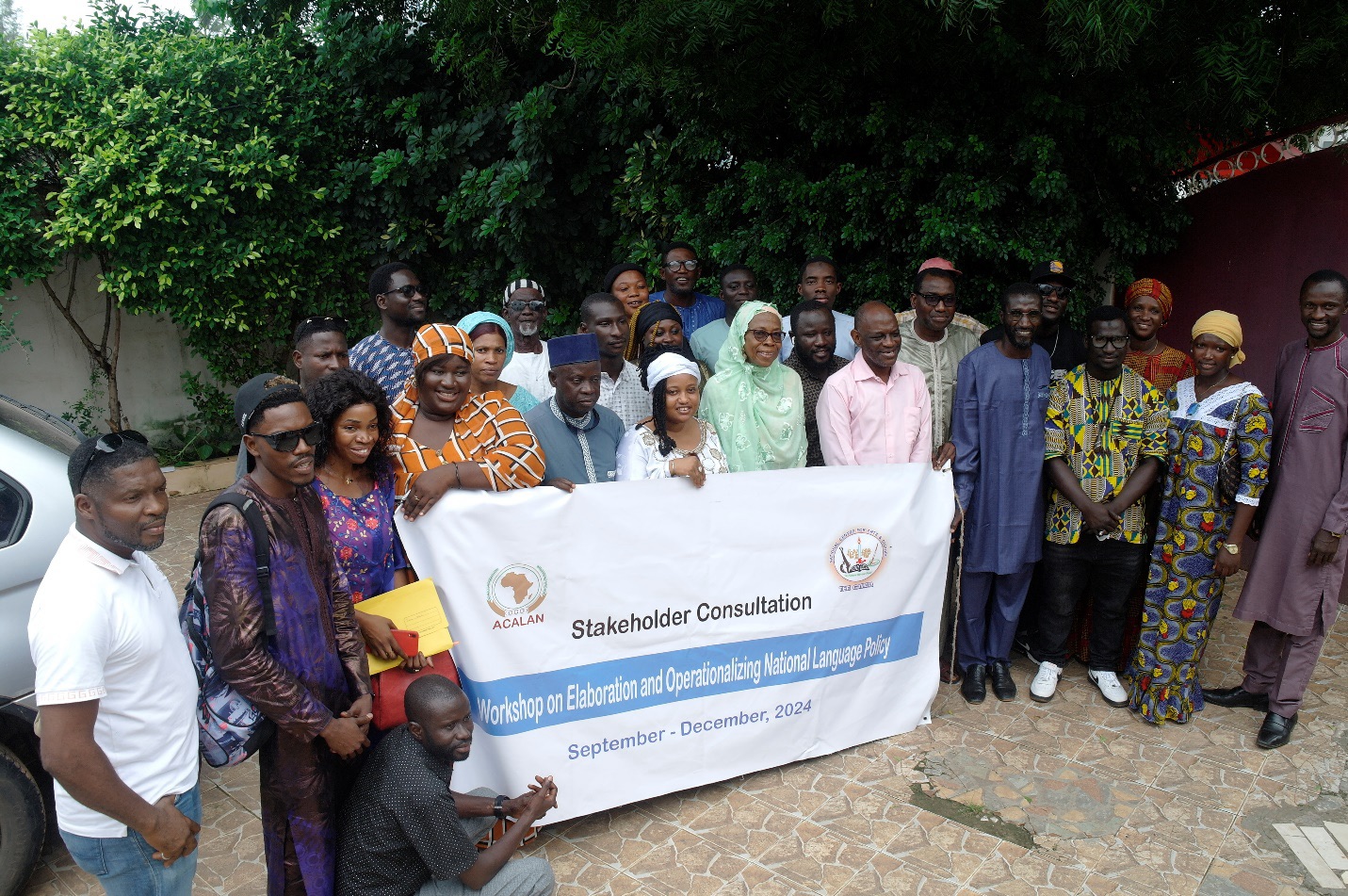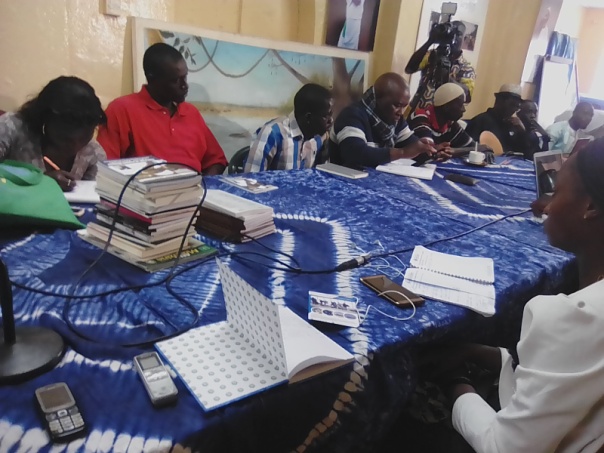By Yunus S Saliu
In its quest to develop Gambia’s National Language Policy, the National Centre for Arts and Culture (NCAC), on Friday, held a daylong forum with the Gambian performing artists which included musicians, writers, poets, dancers, filmmakers, and so on.
Addressing the forum held at the National Centre for Arts and Culture Annex, Along Kairaba Avenue, Fajara, Hassoum Ceesay, the Director General of the NCAC thanked the groups for answering the centre’s call and informed them about the background of the project as sponsored by the Academy of African Languages of the African Union (ACALAN) to create awareness of the proposed National Language Policy and Language Development for The Gambia.
He explained that the NCAC has been working on this project for the past 12 months by looking into various sectors of Gambian society for their contributions as to what language policy should entail for the country.
He disclosed that the National Languages Policy should be a policy that will help to empower Gambians taking into consideration all languages spoken in the country including Jola, Mandika, Wollof, Manjago, Bainuka, Creole, Sarahule, Fula, Serer, and so on.
“These languages are rich and have a critical role to play in national development. But we also know that as far as national development is concerned, these languages are underutilized. This language policy will look at how to empower our languages.
Two, how to promote them, three, how to preserve them, and four, how to make sure that these languages can help in diplomacy, food security, good governance, like in the National Assembly, in accountability, environmental protection, cultural promotion, and so on,” he outlined its importance.
Hassoum Ceesay explained “Some languages are endangered. For example, Bainunka, now I don’t know of any Gambian who can speak the language. Even the Creole or Aku, just 76 years ago, Aku/Creole language was the lingua franca of this country. You might not get a job if you cannot speak it. But now, almost nobody can speak it.”





